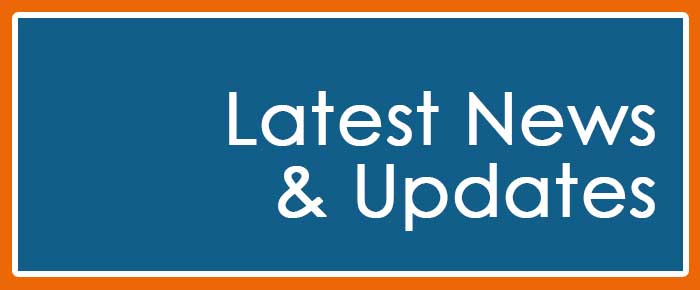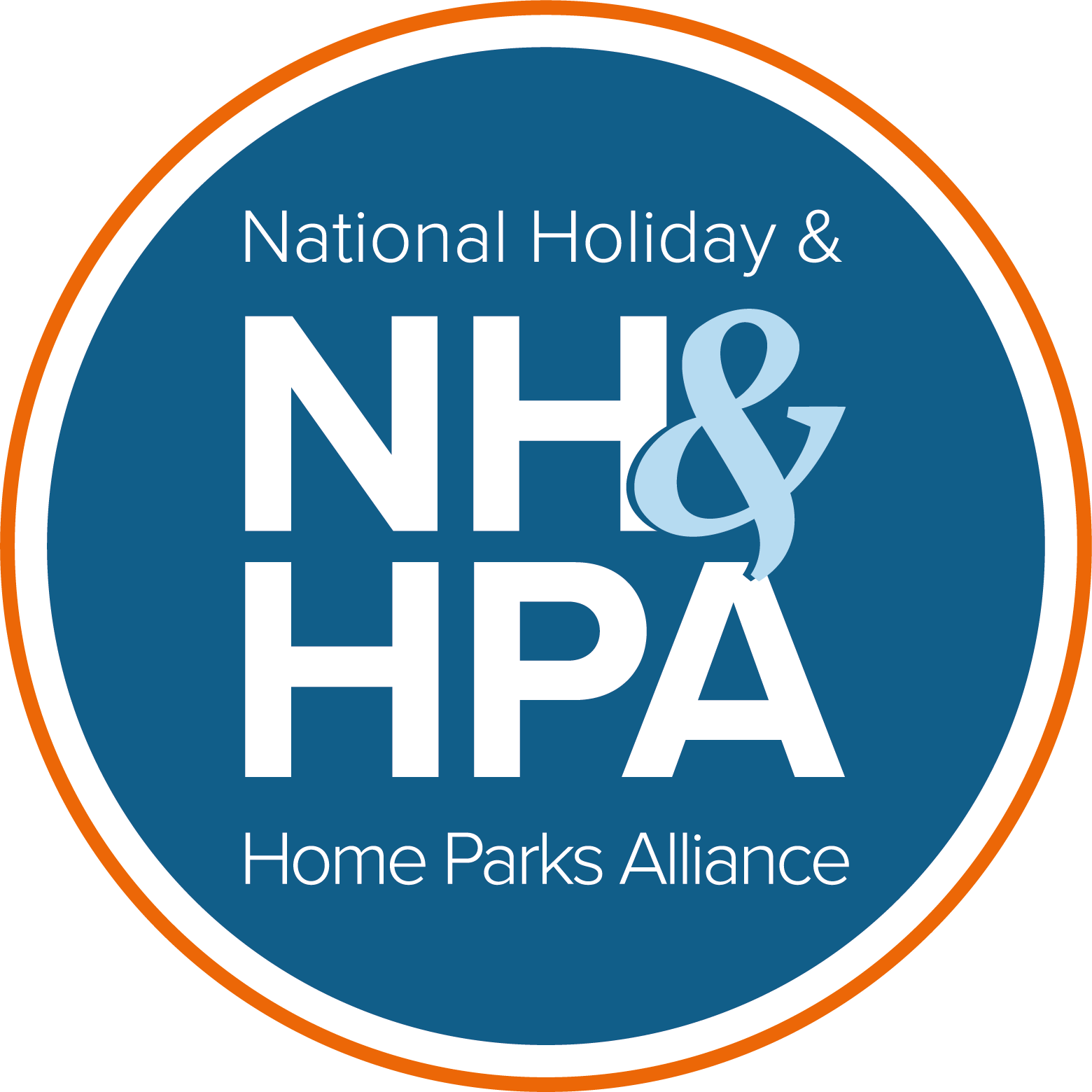Coronavirus Job Retention Scheme (JRS) and Self Employed Income Support Scheme (SEISS)

Caravan fees communication update
May 26, 2020
Updated Government guidance on day trips and second homes in England
June 5, 2020Coronavirus Job Retention Scheme (JRS) and Self Employed Income Support Scheme (SEISS)

The Chancellor Rishi Sunak has announced a number of changes to the Government’s Furlough Scheme (CJRS).
These changes include workers being able to go back part-time from 1 July 2020.
June and July
The government will pay 80% of wages up to a cap of £2,500 as well as employer National Insurance (ER NICS) and pension contributions.
Employers are not required to pay anything.
Employees cannot work for their employer while on furlough.
From 1 July 2020
Employers can bring furloughed employees back part time and decide the hours and shift patterns they will work.
Employers will be responsible for paying the wages while employees are in work and the tax and NIC due on those amounts.
Employers can still claim the CJRS grant for their employee’s normal hours not worked.
Employers will need to report and claim for a minimum period of a week when claiming the CJRS grant for furloughed hours.
Any new flexible furloughing arrangement must be agreed between employer and employee and confirmed in writing.
From 1 July, claim periods will no longer be able to overlap months.
Example:
For an employee working 40 hours and earning £1,000 per month:
Total furlough earnings (80%) £800
If the same employee worked part time for say 10 hours per month
Earnings for working 10 hours would be £1000 x 10/40 £250
Furloughed earnings for not working 30 hours (£800 x 30/40) £600
Total earning £850
More details of flexible furloughing and how employers calculate their claims will be announced on 12 June 2020.
August 2020
The government will pay 80% of wages up to a cap of £2,500.
Employers will pay ER NICs and pension contributions.
September 2020
The government will pay 70% of wages up to a cap of £2,187.50.
Employers will pay ER NICs and pension contributions and 10% of wages to make up 80% total, up to a cap of £2,500.
October 2020
The government will pay 60% of wages up to a cap of £1,875.
Employers will pay ER NICs and pension contributions and 20% of wages to make up 80% total, up to a cap of £2,500.
The scheme will come to an end on 31 October 2020.
___________________________________________________________________
Self-Employment Income Support Scheme (SEISS)
The Chancellor Rishi Sunak has announced a number of changes to the Self Employed Income Support Scheme (SEISS).
First SEISS Grant
· available to be claimed until 13 July 2020
· taxable grant worth 80% of average monthly trading profits
· paid in a single instalment covering three months’ worth of profits
· capped at £7,500 in total
· money paid into bank account within six working days of claim
Second SEISS Grant
· Applications open in August.
· taxable grant worth 70% of average monthly trading profits
· paid in a single instalment covering three months’ worth of profits
· capped at £6,570 in total.
· money paid into bank account within six working days of claim
Both SEISS Grants
· Eligibility criteria is the same
· Business has to have been adversely affected by coronavirus.
· An individual does not need to have claimed the first grant to receive the second grant
for example, they may only have been adversely affected by COVID-19 in this later phase.
· Further guidance on the second grant will be published on Friday 12 June.
